For this week’s Translation Tuesday, we bring you a thrilling tale of international espionage and intrigue from Russian émigré writer Zinaida Shakhovskaya, deftly translated by Theo Barnett. Arriving in an unnamed country, veteran spy Loris feels completely secure—he speaks the language perfectly, can name every place of the town, knows exactly what he needs to do—that is, until he runs across an old friend. What follows lays bare the true conflict in Loris’s heart, a deep pessimism beneath the mask of a devoted professional. Yet even as Loris admits his despair, the world around him hums with activity: children at play, a girl meeting her partner in a restaurant, new foliage casts dappled shadows on the streets. Together, these moments paint a picture of the world in “its breathtaking benevolence and fixity,” which stands against Loris’s despair and finally empowers him to act. Read on!
Loris knew the town, where he was arriving for the first time, down to its last detail. He had undergone such extensive preparations before being sent there that he knew the place inside out: every bend in its labyrinthine streets, the name of every hotel and caffè, the address of every library, museum, tavern and concert hall in the town, of its every abattoir, square and monument. Any passer-by could ask him for any directions, and, with native fluency, Loris could supply them. He recognised all these things as he saw them for the first time.
On his way from the station, carrying a light holdall, he entered a hotel and requested a room (even his accent didn’t betray his identity). On a paper slip he wrote down his name (not his own), verifying this by making unsubtle glances at his passport (also not his own) … After a wash and a freshen-up, he left straight for the town.

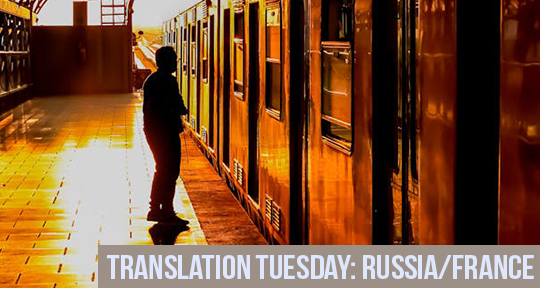


 This spirit of formal ambition is by no means limited to our Special Feature. After all, “as the reality of each time changes,” says
This spirit of formal ambition is by no means limited to our Special Feature. After all, “as the reality of each time changes,” says 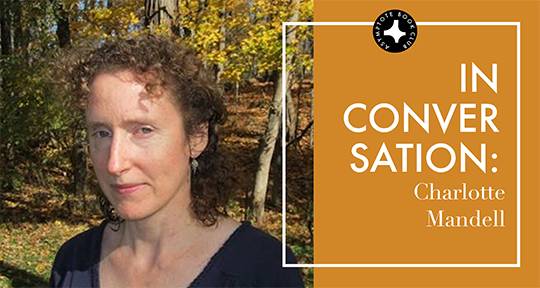
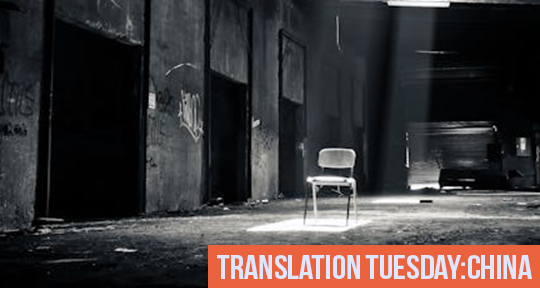
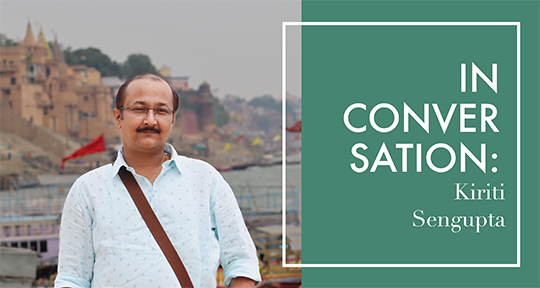

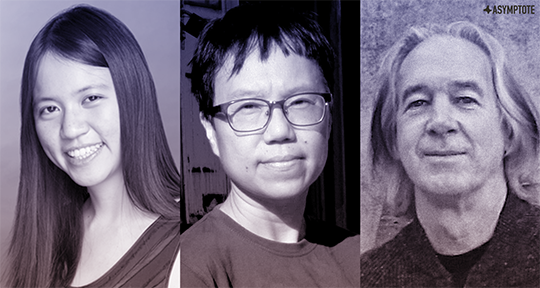
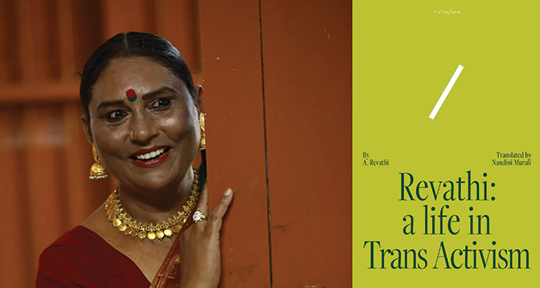
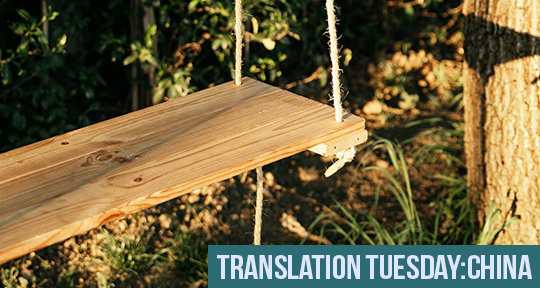


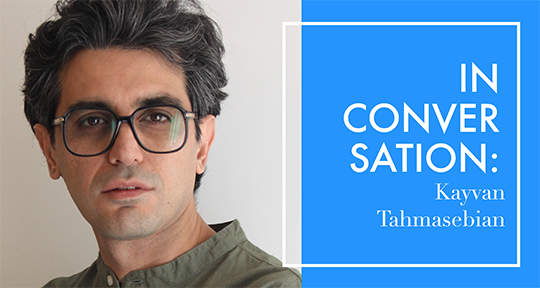
Blog Editors’ Highlights: Winter 2025
Reviewing the manifold interpretations and curiosities in our Winter 2025 issue.
In a new issue spanning thirty-two countries and twenty languages, the array of literary offers include textual experiments, ever-novel takes on the craft of translation, and profound works that relate to the present moment in both necessary and unexpected ways. Here, our blog editors point to the works that most moved them.
Introducing his translation of Franz Kafka’s The Trial in 2012, Breon Mitchell remarked that with every generation, there seems to be a need for a new translation of so-called classic works of literature. His iteration was radically adherent to the original manuscript of The Trial, which was diligently kept under lock and key until the mid-fifties; by then, it was discovered exactly to what extent Max Brod had rewritten and restructured the original looseleaf pages of Kafka’s original draft. It is clear from Mitchell’s note that he considers this edit, if not an offense to Kafka, an offense to the reader who has lost the opportunity to enact their own radical interpretation of the work: an interpretation that touched Mitchell so deeply, he then endeavored to recreate it for others.
In Asymptote’s Winter 2025 Issue, the (digital) pages are an array of surprising turns of phrase and intriguing structures—of literature that challenges what we believe to be literature, translations that challenge what we believe to be originality, and essays that challenge what we believe to be logic. I am always drawn to the latter: to criticism, and writing about writers. As such, this issue has been a treat.
With the hundredth anniversary of Kafka’s death just in the rearview and the hundredth anniversary of the publication of The Trial looming ever closer, the writer-turned-adjective has not escaped the interest of Asymptote contributors. Italian writer Giorgio Fontana, in Howard Curtis’s tight translation, holds a love for Kafka much like Breon Mitchell. In an excerpt from his book Kafka: A World of Truth, Fontana discusses how we, as readers, repossess the works of Kafka, molding them into something more simplistic or abstract than they are. In a convincing argument, he writes: “The defining characteristic of genius is . . . the possession of a secret that the poet has no ability to express.” READ MORE…
Contributors:- Bella Creel
, - Meghan Racklin
, - Xiao Yue Shan
; Languages: - French
, - German
, - Italian
, - Macedonian
, - Spanish
; Places: - Chile
, - France
, - Italy
, - Macedonia
, - Switzerland
, - Taiwan
, - Turkey
; Writers: - Agustín Fernández Mallo
, - Damion Searls
, - Elsa Gribinski
, - Giorgio Fontana
, - Lidija Dimkovska
, - Sedef Ecer
; Tags: - dystopian thinking
, - identity
, - interpretation
, - nationality
, - painting
, - political commentary
, - revolution
, - the Cypriot Question
, - the Macedonian Question
, - translation
, - visual art
, - Winter 2025 issue
, - world literature